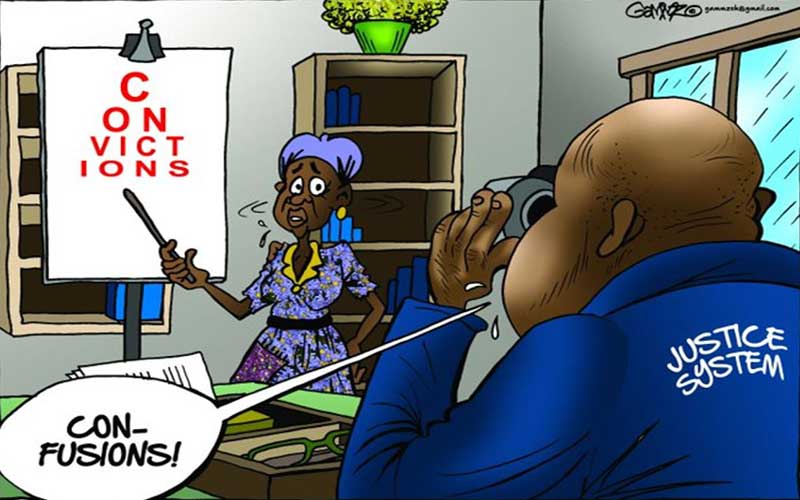×
The Standard e-Paper
Fearless, Trusted News

The effectiveness of the ongoing war on corruption has been assessed on several fronts, the most common being whether the various graft cases currently in court will result in jail sentences.